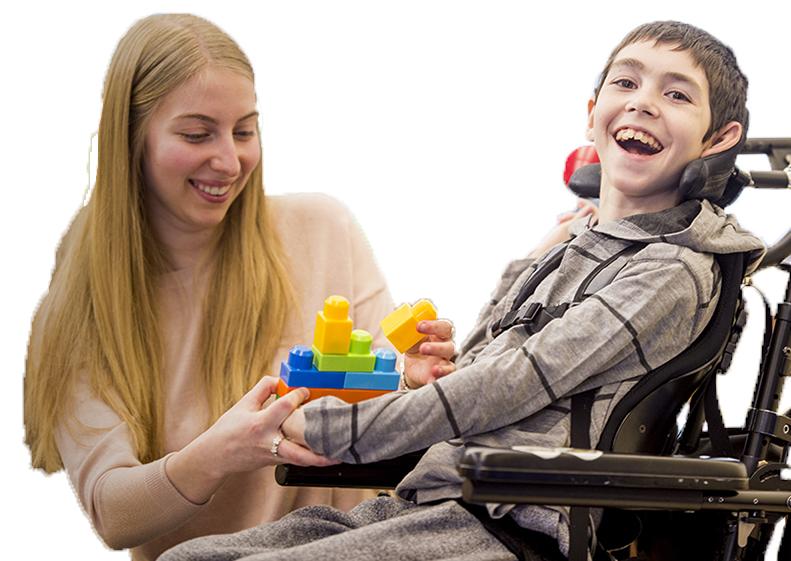Resources Directory
Search below to find a hospital, doctor, therapy, and more

Boling Center for Developmental Disability at the University of Tennessee Health Science Center
The Boling Center for Developmental Disabilities (BCDD) is an interdisciplinary program that supports children and adults with developmental disabilities and their families through training, service, applied research, information dissemination, planning, and policy development.
The Boling Center for Developmental Disabilities (BCDD) is one of more than 60 University Centers for Excellence in Developmental Disabilities in the United States established by the federal government to develop interdisciplinary training, service, and applied research related to developmental disabilities. The BCDD is now one of the most comprehensive facilities in the nation dedicated to improving quality of life for people of all ages with developmental disabilities and their families.
Administered by the College of Medicine of the University of Tennessee Health Science Center, this interdisciplinary facility is committed to advances in training, service, applied research, information dissemination, and planning and policy development at local, regional, state, and national levels. Professionals from 11 disciplines provide the structure for this Center for Excellence through affiliations with a number of colleges and universities.
For further information regarding the referral process, contact:
Admissions Office at 901-448-6511 (voice)
1-888-572-2249 (toll-free voice)
901-448-4677 (TDD),
Admissions, BCDD,
711 Jefferson Avenue
Memphis, Tennessee 38105.
Clinical Services –
Clinical services provided by Boling Center professional staff strive to be community-based, family-centered and culturally sensitive to achieve the mission of improving the health of persons with, or at risk for, neurodevelopmental and related disabilities. Clinical and demonstration services are provided by professionals from eleven disciplines through interdisciplinary teams in a variety of settings including: in-house clinics, community-based programs, hospital settings and in-patient care, and ongoing therapy. Clinical services include diagnostic evaluations, therapy and socialization groups, genetic counseling and nutrition consultations and referral recommendations.
